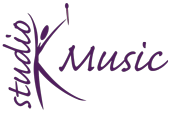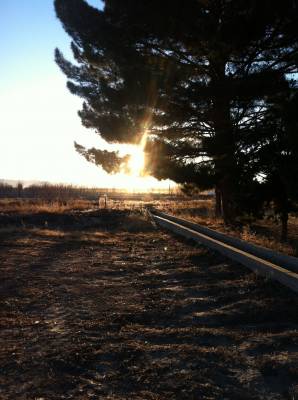
Hello students!
I have spent this past week recording an album with the band Fierce Bad Rabbit at the Sonic Ranch Recording Studio in El Paso, TX.
The process of recording in a studio is a great way to put your skills as a musician and a team player to the test. I feel like I’ve grown as a musician because of this and am excited to share my experience with you!
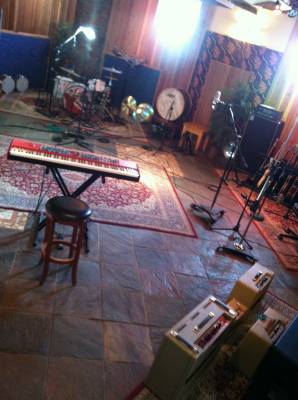
Our original goal was to record a 6 song album. The band created rough recordings of these songs before we went into the studio so that we would have a general idea of what the songs would be like. Once in the studio, final decisions and last minute changes to the songs structure were determined before beginning the recording process.
We managed to record 7 songs in 7 days by tracking each instrument in a specific order. The drums, bass and guitar would record together first in the morning, then the vocalists would record their parts over that foundation. From there, I would record extra guitar or keyboard parts, followed by the Viola, backup vocals and finally additional percussion towards the end of the night. We usually would start recording by around 11:00 am and would work until about 11:00 pm most days.
One thing that I now know about recording pop music is that less is more. If I played too busily or excessively, it would detract from what everyone else was doing in the song, so I had to learn to keep it simple. For example, instead of playing a busy, arpeggiated pattern, I was asked just to play blocked chords with a simpler voicing which yielded a better sounding track overall. There were other parts where busier keyboard parts were necessary, but for the most part keeping it simple made everyone happy and created a more balanced sounding track
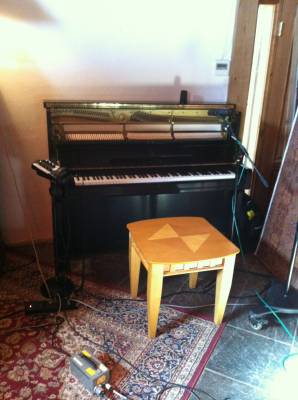
Playing keyboards in a band with 4 other people can be tricky knowing which register to play in. For the most part, you don’t want to be playing in the same register as other instruments because you won’t be heard and will just add unnecessary thickness.
Knowing how to voice different chords is probably the most important skill to learn as a keyboard player interested in doing recording work for this particular type of music. On this record, the only chords that I used were Major, Minor, Minor 7 and Major 7 chords. If you can get comfortable playing these chords in all 12 keys and learn how to voice them in different ways, your usefulness as a keyboard player goes up substantially!
I also recorded a decent amount of guitar on this record. As a guitar player, versatility is what really counts. If you can learn strumming patterns, chord voicings and lead guitar skills (scales, bends, hammer-ons, pull-offs etc) then you can contribute to a variety of different types of music.
Another aspect about studio recording is being a team player. Making sure that you let people know they did a good job once the did a good take is key to keeping everyone positive, confident and motivated. There’s no better feeling than walking back into the studio from the tracking room to a round of applause from your band mates and studio personnel after you did an awesome take! Make sure you return the favor and let everyone know how awesome they are doing!
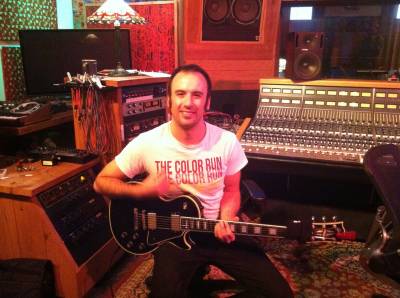
After undergoing this awesome experience, to anyone needing advice about studio work I say try to be versatile on your instrument, accept that playing something very simple can be more useful than something excessively virtuosic and to be a good team player.
Thanks for reading!
Happy practicing!
